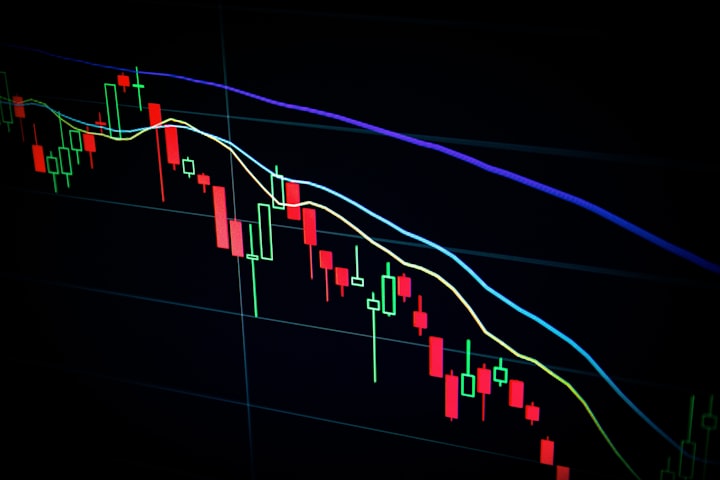
Market crashes have been recurring events throughout history, causing significant financial turmoil and economic disruptions. These catastrophic events often result in severe consequences for individuals, businesses, and the overall global economy. This article aims to explore the devastation caused by market crashes, examining their profound impacts on various stakeholders and societies. By understanding the causes, effects, and lessons learned from these crashes, we can gain valuable insights into mitigating risks and promoting financial stability.
Understanding Market Crashes:
Market crashes, also known as stock market crashes or financial crashes, occur when there is a sudden and significant decline in the value of financial assets, such as stocks, bonds, or commodities. They are typically characterized by panic selling, investor fear, and a loss of confidence in the market. Market crashes can be triggered by a variety of factors, including economic downturns, speculative bubbles, systemic risks, or geopolitical events. Understanding the underlying causes of market crashes is crucial in comprehending the devastating consequences they unleash.
Impacts of Market Crashes:
Market crashes have far-reaching impacts on multiple levels. At an individual level, investors may experience substantial losses in their portfolios, eroding wealth and jeopardizing financial security. Retirements, educational plans, and personal savings can be severely affected. People's confidence in financial markets may diminish, leading to a reluctance to invest and a decrease in overall economic activity.
Businesses face significant challenges during market crashes. Declining stock prices can result in reduced access to capital, making it harder for companies to raise funds for expansion or operational needs. Decreased consumer spending and tightened credit conditions can lead to lower sales and profitability. As a result, businesses may be forced to downsize, lay off employees, or even declare bankruptcy. Unemployment rates may surge, leading to increased social and economic hardships.
The overall economy suffers from decreased consumer spending, decreased investments, and a decline in economic growth. Market crashes can trigger recessions or deepen existing ones. Governments face budgetary pressures as tax revenues decline and demands for welfare support increase. Fiscal and monetary policy interventions may be necessary to stabilize the economy and restore confidence.
Lessons Learned from Market Crashes:
Throughout history, market crashes have provided valuable lessons for investors, regulators, and policymakers. The importance of effective regulation and oversight to prevent excessive risk-taking and fraudulent practices has become evident. Financial institutions need to be monitored and held accountable to maintain market integrity and protect investors. Enhancing transparency and accountability in financial systems can help identify and mitigate systemic risks.
Diversification and risk management strategies play a critical role in minimizing the impact of market crashes on investment portfolios. Investors should diversify their holdings across different asset classes and regions to spread risk. Implementing risk management techniques, such as stop-loss orders or hedging strategies, can limit potential losses during market downturns.
Education and financial literacy initiatives are essential for empowering individuals and fostering responsible investment practices. Investors need to understand the risks and potential rewards associated with different investment products. By improving financial literacy, individuals can make informed decisions and avoid falling prey to fraudulent schemes or speculative bubbles.
Additionally, market crashes underscore the need for contingency plans and emergency measures to stabilize economies during periods of financial crisis. Governments and central banks should have robust mechanisms in place to manage liquidity, inject capital into struggling industries, and provide economic stimulus packages. Coordination between international financial institutions and policymakers across countries is crucial to address global financial crises effectively.
Conclusion:
Market crashes have devastating consequences for individuals, businesses, and economies. They highlight the vulnerabilities inherent in financial systems and underscore the importance of risk management, regulation, and investor education. By learning from the lessons of the past, we can work towards building more resilient and stable financial systems that can withstand market shocks. Proactive measures, combined with prudent investment practices, can help mitigate the impact of future market crashes and promote sustainable economic growth.






Comments
There are no comments for this story
Be the first to respond and start the conversation.